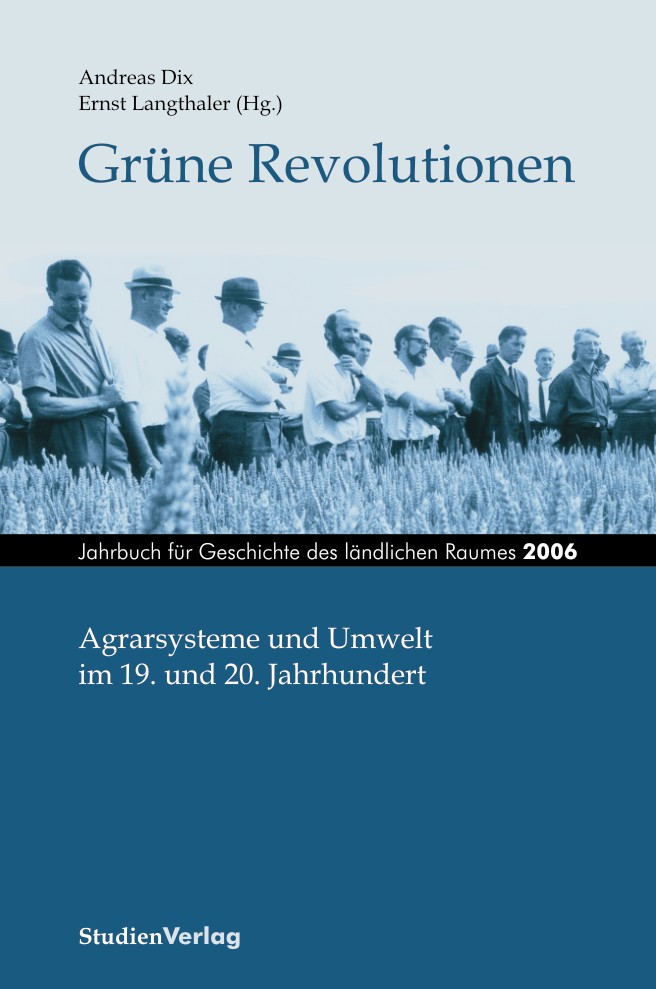Die Chemie, der Humus und das Wissen der Bauern
Das frühe 20. Jahrhundert als Sattelzeit einer Umweltgeschichte der Landwirtschaft
DOI:
https://doi.org/10.25365/rhy-2006-6Abstract
The rise of modern science-based farming is often portrayed as a secular watershed, with little in the way of setbacks or alternatives. This article seeks to counter this reading, arguing that the path towards modern high-yield agriculture was defined in contested debates during the early 20th century. After some methodological remarks, the article shows how the First World War changed pre-war patterns of good farming practices and scientific advice. In order to compensate for the decline of per-acre yields during World War One, agricultural advisors urged farmers to use huge quantities of mineral fertilizers. While mineral fertilizer had been a key issue of agricultural advisors since the mid-19th century, the urgency of the fertilizer propaganda was clearly unprecedented, as was the emphasis on chemical approaches only. However, the strategy backfired, with per-acre yields remaining below pre-war levels and acidification of agricultural land becoming a growing problem. As a result, agrochemistry lost much of its credit in farming circles, opening the door for alternative conceptions of soil fertility. The article describes the boom of soil microbiology and bio-dynamic organic farming and discusses the reaction of the agrochemical establishment. In a nutshell, the argument is that agrochemistry succeeded in eliminating or marginalising these competitors while at the same time listening more closely to the farmers’ demand for precise instructions and reliable soil testing methods. Ultimately, refined and multidisciplinary approaches gave way to quick and narrow ones, and short-term concerns emerged as dominant to the point where any long-range perspective came to appear as irrelevant; at the same time, scientific advisors gained an ever greater share of influence, ultimately making the farmer a largely passive executioner of expert recommendations. With that, the article demonstrates the merits of focusing more closely on the knowledge base of modern farming. The development of knowledge about soils and soil fertility unveils the ambivalences behind the rise of industrialised, science-based farming.


